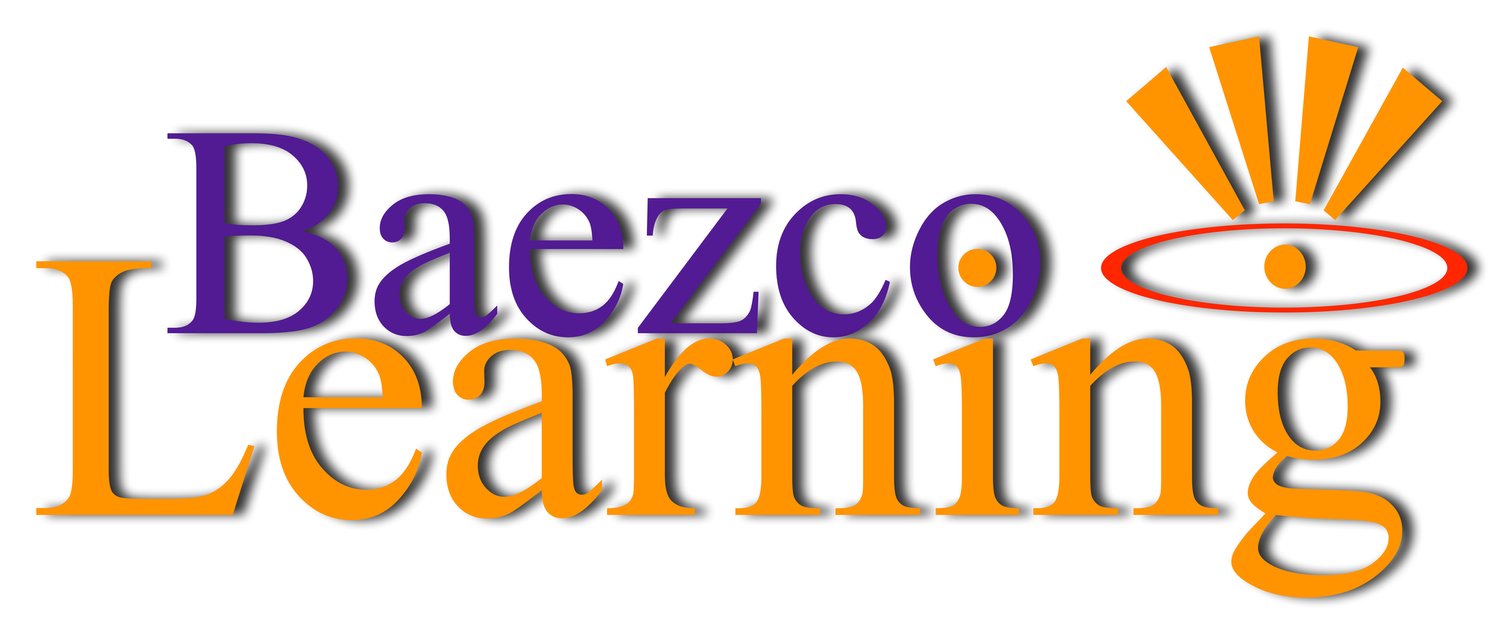Siri, Google Assistant, Alexa, ChatGPT, and Bard; all different aspects of Artificial intelligence that are getting smarter AND efficient on a daily basis. A.I. and robotics may captivate the corporate world, but there's one element of leadership that's irreplaceable: Emotional Intelligence. In the world of effective leadership, emotional intelligence is the hidden gem. It's not just a trait, it's an asset. How is this asset cultivated? It’s not as hard and one would think.
The Pulse of Emotional Intelligence
Emotional intelligence is a tricky concept to grasp in leadership, so let's first decode it. Having emotional intelligence means knowing how to recognize, comprehend, utilize, and regulate your own and others' emotions. Self-awareness, motivation, self-regulation, and social skills are all involved. The glue that holds it all together is as simple as mastering the art of the human touch; especially in a digital world.
The E.I. Effect: Why It Matters in Leadership
Fostering a Collaborative Work Environment
Employees' emotions are easily understood by leaders with who regularly practice emotional intelligence. It's easy for them to navigate team dynamics and foster an open environment for communication and collaboration. Trust is built when E.I. leaders acknowledge and validate team members' feelings.
Mitigating Conflicts
Like it or not, there are always going to be conflicts at work. It's all about how they're handled. It's easier for an emotionally intelligent leader to identify underlying tension before it escalates, approach disagreements with an open mind, and make mutually beneficial decisions. An effective leader doesn't shy away from tough conversations, but handles them tactfully, keeping the workplace harmonious.
Driving Employee Engagement and Retention
Empathy and genuine care bolster employee morale and engagement when leaders show them. This leads to a lower turnover rate because employees are more committed. Recognition and celebration of individual strengths and accomplishments further strengthens this bond.
Nurturing the Seed of E.I. in Leadership
There's no such thing as an inborn emotional intelligence; it's a skill that can be developed and nurtured. Here's how:
Self-awareness and Reflection
Emotional intelligence starts here. A leader's self-awareness can be enhanced through regular introspection, getting feedback, and improving.
Empathy
You can't just be empathic if you don't understand how someone feels. We need to put ourselves in their shoes. Listening actively, where you're really present in the conversation, can enhance empathy.
Effective Communication
It's all about communication. It's important for an emotionally intelligent leader to convey their thoughts and feedback in a constructive, non-confrontational way - Make difficult conversation easy to participate in.
Continuous Learning
You can enhance emotional intelligence with all sorts of resources, from books to seminars, even youtube videos. In order to get better at this skill, leaders should keep learning. With so many resources out there today, there is no excuse NOT to have a continuous learning plan.
The Road Ahead
The role of emotional intelligence in leadership is more than just adopting a 'soft skill'. It's about realizing how powerful it can be, so long as you use it properly. Since personal and professional lives are blurring, especially in a world where remote work and virtual collaboration are the norm, E.I. has never been so important.
The core of leadership is connections. Our vision is to build bridges between diverse team members, align individual aspirations with organizational goals, and create a shared vision. Leaders need emotional intelligence to steer their ship with both their minds and hearts.
In summary, machines and algorithms will inevitably influence the future, but emotional intelligence will always be the heartbeat of effective leadership. A leader who wants to create an engaged, productive, and harmonious workplace needs to embrace this truth.
With over two decades of HR expertise under his belt, Ricky has made a name for himself as a published professional who knows how to strategically align HR competencies with business goals. But what sets him apart is his refreshing, down-to-earth approach that resonates with everyone from executives to front-line staff. Ricky understands that the "H" in HR is more than just a letter—it's the heart of any successful organization. By forging strong partnerships and creating a fun, vibrant learning environment, he helps companies minimize legal risk while maximizing employee engagement and satisfaction. As a proud four-year veteran of the United States Marine Corps, Ricky knows a thing or two about leadership and teamwork. He leverages that experience to guide business leaders from "here" to "there" using talent management, training and development, and leadership coaching strategies that deliver real, measurable results. But Ricky isn't just a seasoned practitioner—he's also an accomplished educator. As a faculty member for the Master of Human Resources program at Rollins College in Winter Park, FL, he shares his passion for HR with the next generation of professionals.


